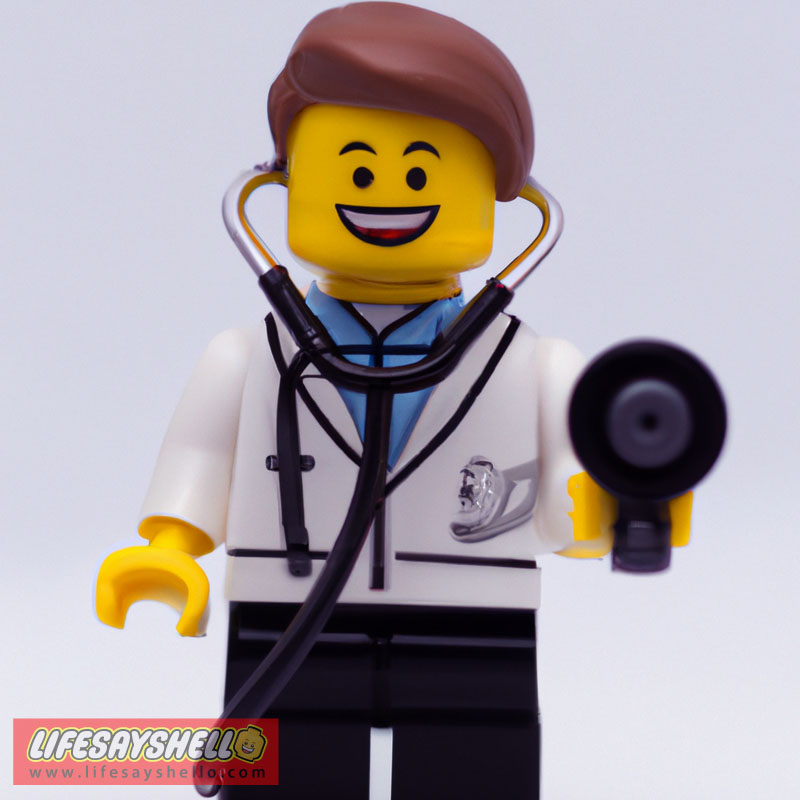Navigating Your Journey to Medicine: The Essential Subjects You Need to Become a Doctor

So, you have dreams of wearing that white coat, stethoscope around your neck, ready to make a difference in peoples' lives. But before you get there, let's talk about the journey - the classes you take, the books you read, and the knowledge you gain.
This article goes beyond the simple "Study hard, get good grades," mantra. We dive into each subject, why it's essential, and how it all connects to your future medical career.
When thinking about a career in medicine, it's crucial to focus on the right subjects from the beginning. Selecting the right subjects at an early stage will help you build a strong foundation for your medical education, while also preparing you for the challenges ahead in medical school and beyond.
By understanding which subjects are crucial for becoming a doctor, you'll be better equipped to make informed decisions about your education path.
The Role of Biology in Medicine
If Medicine is the monarch of the scientific kingdom, then Biology is undoubtedly its queen. Biology forms the bedrock of our understanding of the human body and how it works.
To embark on a career as a doctor, it's vital to comprehend life from the microscopic to the macroscopic level. Topics like cell biology, genetics, anatomy, and physiology are all fundamental aspects of medicine.
By understanding the intricacies of human biology, you can put yourself in the shoes of your future patients and appreciate their ailments and conditions. As a doctor, you might need to diagnose and treat various genetic and physiological disorders.
Having a solid understanding of biology will give you the necessary skills to tackle such issues confidently and effectively.
Chemistry: The Building Blocks of Medical Practice
All those hours spent balancing chemical equations will finally pay off now that you need to tackle Chemistry's role in Medicine. Chemistry is essential in understanding the medicines and treatments we prescribe.
Topics like organic chemistry, inorganic chemistry, and physical chemistry are directly relevant to understanding the body's metabolism, molecular structure, and various chemical reactions happening within us.
For doctors, chemistry is an invaluable skill when it comes to the pharmaceutical side of their practice.
From understanding how drugs work at the molecular level to the intricacies of dosage calculations, strong chemistry knowledge will serve you well as a medical professional.
Physics in the Medical Field
Is Physics only about forces and motion? Not quite! In the medical world, it plays a pivotal role. Ever thought about how X-rays, CT scans, and MRI machines work? That's all Physics.
Combining topics like electromagnetism, fluid mechanics, and thermodynamics, Physics offers insights into various lifesaving diagnostic and treatment techniques.

Medical professionals use physics principles almost daily, especially in radiology, cardiology, and oncology. Acquiring a strong foundation in Physics can help you more effectively understand different diagnostic tools and interpret data from these exams. By mastering these concepts, you'll be better equipped to diagnose and treat your patients.
The Significance of Mathematics in Medicine
How do doctors decide on drug dosages or interpret medical data? All hail Mathematics – the silent yet essential subject! While you may not use advanced calculus daily as a doctor, a good understanding of basic mathematics and statistics is critical. Mathematics plays a crucial role in various medical processes, from analyzing research data to calculating body mass index.
Statistics are particularly important in medical research, where doctors need to interpret quantitative data and evaluate the efficacy of new therapeutic interventions.
Acquiring a sound grasp of mathematics will be invaluable in your decision-making as a doctor, from accurately calculating medication dosages to understanding data presented in medical literature.
Essential Humanities and Social Sciences for Aspiring Doctors
While science subjects are undoubtedly vital in medicine, do not underestimate the Humanities and Social Sciences. Developing well-rounded communication skills and understanding societal issues play a pivotal role in patient care. A background in Psychology, Sociology, or Ethics can sharpen your ability to empathize with and treat patients from diverse backgrounds.
Learning a foreign language can also be helpful as it allows you to connect with a broader range of patients, particularly in multicultural communities. Aspiring doctors should consider the value of these subjects, as a holistic approach to education and patient care is essential to a successful career in medicine.
Other Noteworthy Subjects for Medical Students
We've covered the main players, but there are some unsung heroes in the subjects lineup too. Health Sciences, Statistics, Computer Programming – all have valuable roles to play in modern medicine. A background in Health Sciences can help you better understand public health, while Statistics plays a vital role in analyzing medical research data.
With advances in medical technology and the increasing importance of electronic health records, having some programming skills can also be useful in managing and maintaining such systems. These additional subjects might just give you an edge over others as you prepare for a life devoted to medicine.
Steps in the Journey: The Education Path to Becoming a Doctor
Now that we've got our subjects sorted, it's time to map out the journey – from high school to undergraduate degree, medical school and beyond. Start by creating a plan that includes which courses you need to take at each level and any standardized tests or applications required for medical school entry.
As you progress through your education, seek unique opportunities to build your network and experience, like volunteering at a hospital, shadowing a physician, or participating in medical research. It's essential to balance academic excellence with real-world exposure to gain a comprehensive perspective on the medical profession.
Conclusion: Making the Right Choices for Your Medical Career
We've taken a whirlwind tour through the maze of subjects you need to study to become a doctor. It's a long road, but now, hopefully, you can navigate it with a little more confidence.
Remember, it's all about making the right choices and diving headfirst into this captivating world of medicine. The future is full of opportunities, so gear up, buckle down, and forge ahead on your journey to becoming an exceptional doctor!




Comments